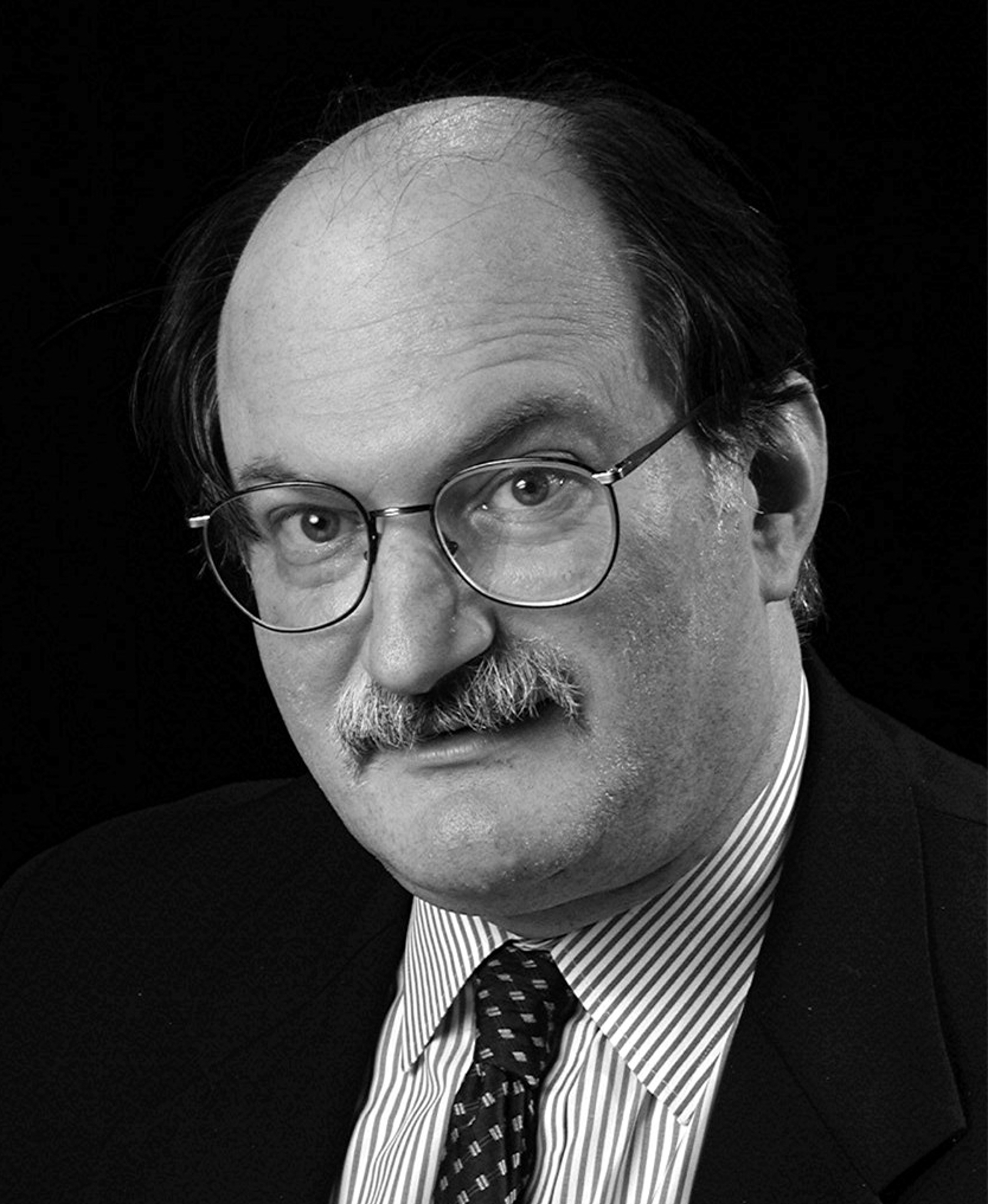
10 November 2022, 13:00–14:15 CET
China, India and Russia have recently invested in ballistic missile submarines (SSBNs), traditionally seen as the most survivable nuclear weapon delivery vehicle due to their accuracy, speed, mobility and stealth. Strategic considerations related to nuclear deterrence have spurred on these investments. At the same time, conventional naval buildup—notably by the increasingly effective anti-submarine warfare (ASW) capabilities of the United States and its allies—is challenging the survivability of SSBNs.
This session discusses such underwater offense–defense arms racing and assesses the impact of related technological developments on strategic stability. These include the US deployment of the W76-2 low-yield tactical warhead, Russia’s development of its Poseidon underwater drone and the increased presence of naval-related cyber operations. Experts will discuss the impact of these and other developments in the strategic arms race and crisis stability dynamics, including in potential high-level escalation scenarios involving the risk of nuclear weapon use.
Moderator
 |
Dr Tytti ErästöDr Tytti Erästö is a Senior Researcher in the SIPRI Weapons of Mass Destruction Programme, focusing on nuclear disarmament and nonproliferation issues. Her recent and current research focuses on the Iran nuclear deal, the Nuclear Non-Proliferation Treaty, the Treaty on the Prohibition of Nuclear Weapons, the U.S./NATO-Russia dispute over missile defence, international efforts at establishing a WMD free zone in the Middle East, as well as other issues related to nuclear arms control. Previously she has worked at the Ploughshares Fund in Washington D.C., Harvard Kennedy School’s Belfer Center for Science and International Affairs, the Vienna Center for Disarmament and Non-Proliferation, and the Tampere Peace Research Institute in Finland. |
Discussants
 |
Dr Norman FriedmanDr Norman Friedman is a strategist and historian interested in the intersection between defense technology and national policy. He spent more than a decade at a prominent U.S. think tank and another decade with the Office of the Secretary of the Navy, plus two years as futurologist to the Headquarters, U.S. Marine Corps. He has also had a long career as a contractor to defense organizations. For the Carnegie Endowment, he conducted a study of the future of strategic stability as it is likely to be affected by developments in ASW. His books include histories of British and U.S. warship design and handbooks of world naval weapons, as well as accounts of naval strategy and of the strategy of the Cold War. Dr. Friedman received his Ph.D. in physics from Columbia University. |
 |
Hans KristensenHans Kristensen is Director of the Nuclear Information Project at the Federation of American Scientists (FAS) in Washington, D.C., where he is responsible for researching and documenting the status and operations of nuclear forces of the nine nuclear-armed states, and an Associate Senior Fellow to SIPRI. He is a frequent advisor to the news media on the status of nuclear forces and policy, and co-author of the bi-monthly FAS Nuclear Notebook column in the Bulletin of the Atomic Scientists and the World Nuclear Forces overview in the SIPRI Yearbook, both of which are some the most widely used reference material on the status of the world’s nuclear arsenals. Prior to his current position, Kristensen was a consultant to the Nuclear Program at the Natural Resources Defense Council in Washington, D.C., a Program Officer at the Nautilus Institute in Berkeley, CA., and Special Advisor to the Danish Minister of Defence. |
 |
Sylvia MishraSylvia Mishra is a Senior Nuclear Policy Associate at the Institute of Security & Technology. Her research focuses on nuclear strategy and nonproliferation, Southern Asian security, emerging and disruptive technologies, and military innovation. She is a Policy Advisor at the European Leadership Network where she advises on emerging technologies. She has held leadership positions in Women of Color Advancing Peace and Security and Conflict Transformation (WCAPS) since the inception of the organization in 2017 and presently Chairs the CBRN Working Group. She is a member of the Steering Committee for OrgsInSolidarity which advocates for diverse representation in national security discourse. Sylvia is a Non-Resident Fellow at the Stimson Center’s South Asia Program and serves on the Advisory Board for the Stimson Center’s UNSCR 1540 Assistance Support Initiative. She was featured in the CSIS-Diversity in National Security 2021 U.S. National Security & Foreign Affairs Leadership List. |
 |
Wu RiqiangWu Riqiang is a professor at the School of International Studies, Renmin University of China. He received his Ph.D. in political science from Tsinghua University, China, in 2012. Prior to that, he worked for six years at the China Aerospace Science and Industry Corporation as a missile engineer. He previously held visiting fellowships at Harvard University, Dartmouth College, Stanford University and Massachusetts Institute of Technology. He received his M.Sc. and B.E. both from Harbin Institute of Technology, China. His work focuses on technical arms control issues including missile defense, nuclear strategy and China-U.S. strategic stability. |